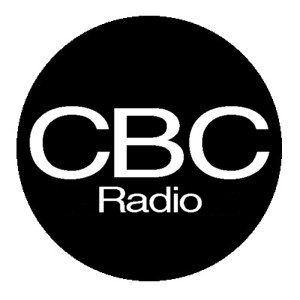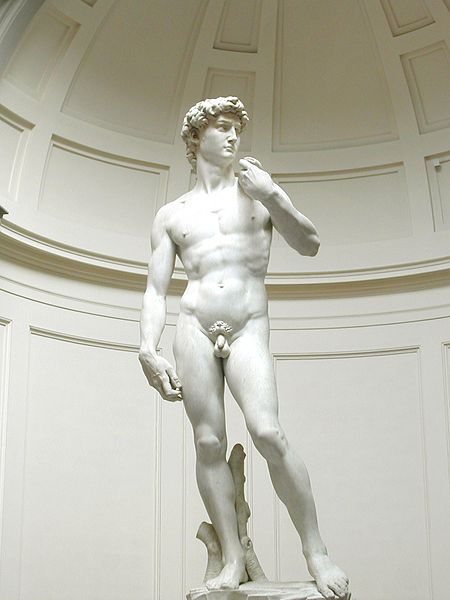httpv://www.youtube.com/watch?v=-15fOEovI0o
Allan Bloom on The Closing of the American Mind. (The rest of the interview after the jump.)
Today is American philosopher Allan Bloom‘s birthday (1930-1992).
Frye does not mention Bloom by name, but he is clearly referring to The Closing of the American Mind in “Some Reflections on Life and Habit”:
Our present mood in regard to education, however, is past-centred rather than future-centred, and is more inclined to ask, Are doing as well as we used to? This is mainly a reaction to elementary and high school educators who do not understand why we should transform our environment by reading Shakespeare when we can so easily adapt to it by reading Stephen King. I was recently looking through a book that has been on the bestseller list for a long time, and which propounds the thesis that students have been cheated out of their education, socially and morally as well as intellectually. I thought, in reading it: somebody writes this book every ten years; I have lived through four or five cycles of similar protests, and have in fact contributed to some of them. . . Some books are often, like this book, warmly received and are accompanied by a feeling that something should be done. Nothing is ever done, so there must be something that the protest has failed to reach.
Two points occur to me in this connection. One is that there is seldom any recommendation for action in this field except to prod the educational bureaucracy. . . The other is that what the public picks up from such books is what literary critics call a pastoral myth. The past was a simple time, the myth runs, when things were a lot better, so let’s get back to them. But just as the future does not yet exist, so the past has ceased to exist, and an idealized past never did exist. I distrust all “back to basics” slogans because I distrust all movements that begin with “back to.” (CW 17, 348)
Continue reading →




